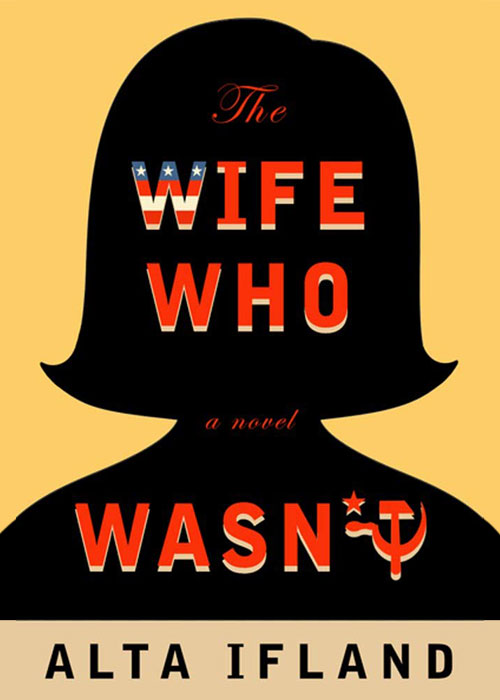
An exhilaratingly comical, cross-cultural debut novel, The Wife Who Wasn’t brings together an eccentric community from the hills of Santa Barbara, California, and a family of Russians from Chișinău, the capital of Moldova. It starts in the late 1990s, after the fall of communism, and has at its center the mail-order marriage between a California man (Sammy) and a Russian woman (Tania) who comes to America, which engenders a series of hilarious cultural misunderstandings.
The novel’s four parts take place alternately in California and Moldova, and comprise short chapters whose point of view moves seamlessly between that of the omniscient narrator and that of various characters. Delivered in arresting prose, both realities ― the late 90s, bohemian/hipster California and postcommunist Moldova―thus come together from opposite points of view.
Above all, this novel is a comedy of manners that depicts the cultural (and personality) clash between Tania and Sammy, Anna (Sammy’s teenage daughter) and Irina, and Bill (Sammy’s neighbor) and Serioja (Tania’s brother). It is also a comedy of errors in the tradition of playful, multiple love triangles. The novel reaches a shocking climax involving a stolen Egon Schiele painting and alluding to the real history of East Mountain Drive, whose bohemian community was destroyed in the 2008 “Tea Fire.”
A literary tour de force and a rollicking satire of both suburban America and urban Eastern Europe, is a must for fans of Gary Schteyngart (The Russian Debutante’s Handbook), Keith Gessen (A Terrible Country), Ludmila Ulitskaya (), and Lara Vapnyar (Divide Me By Zero).
“13 short pieces…pungently convey the effects of growing up under a totalitarian regime.” .—Publishers Weekly
A new book of poems by Nina Kossman. “When the mythological and personal meet, something transforms for this reader…” —Ilya Kaminsky
Original poetry by Nina Kossman, accompanied by a selection of poems by Marina Tsvetaeva, translated from Russian by Kossman. “The sea is a postcard,” writes Nina Kossman. There is both something elemental in this vision and—iron-tough.”
—Ilya Kaminsky
A collection of nonsense poetry for readers who love Edward Lear, Hilaire Belloc, and all things delightfully peculiar.
A haunting dystopia some readers have called “the new 1984.” In a society where memory is rewritten and resistance is pre-approved, freedom isn’t restricted; it’s redefined. As systems evolve beyond human control and choice becomes a simulation, true defiance means refusing the script, even when the system already knows you will.
A hybrid scholarly and literary volume of popular Russian-language Soviet children’s texts alongside essays that outline the significance and meanings behind these popular texts.